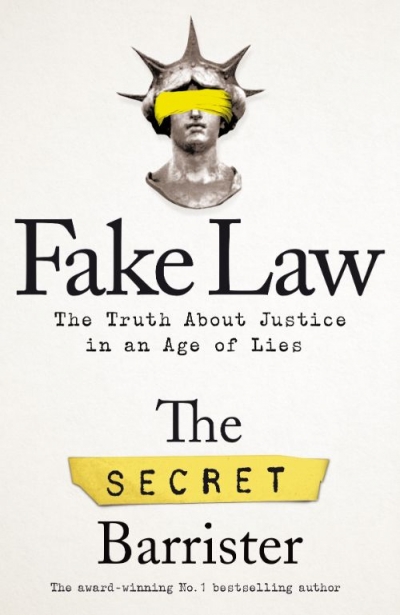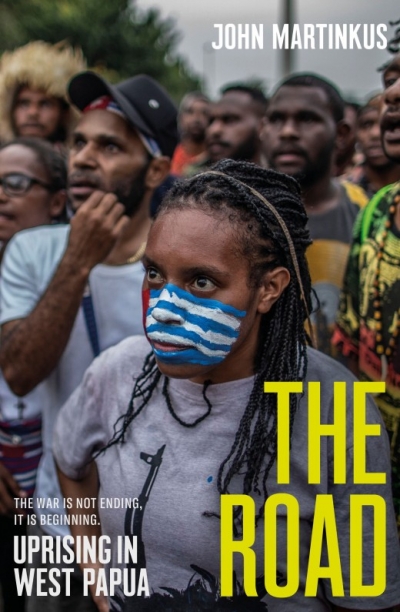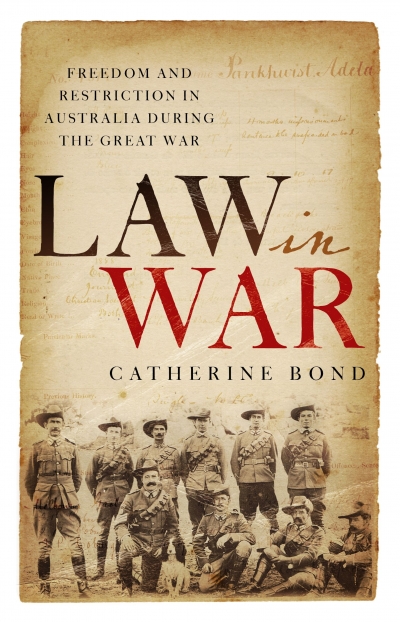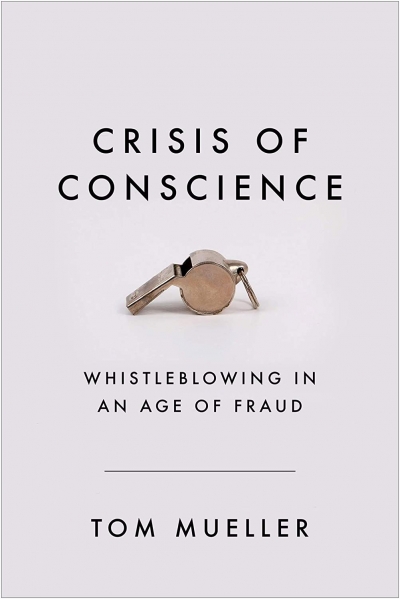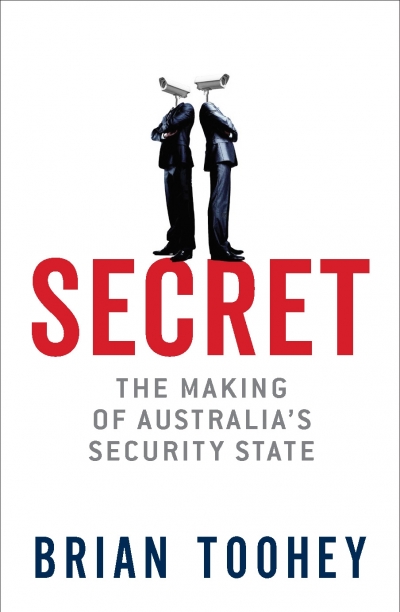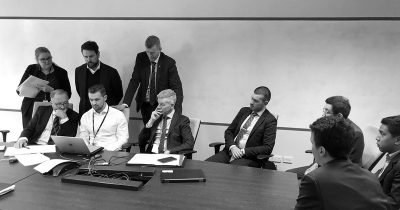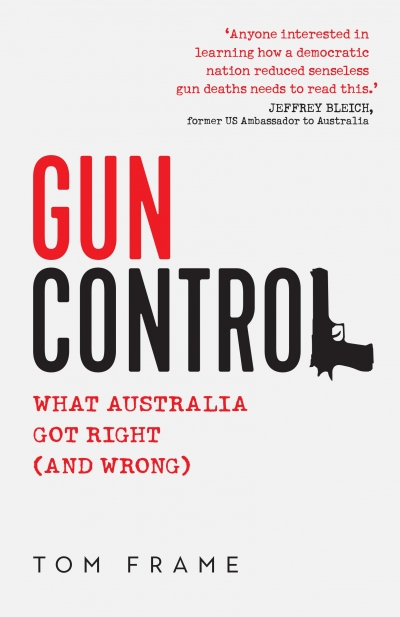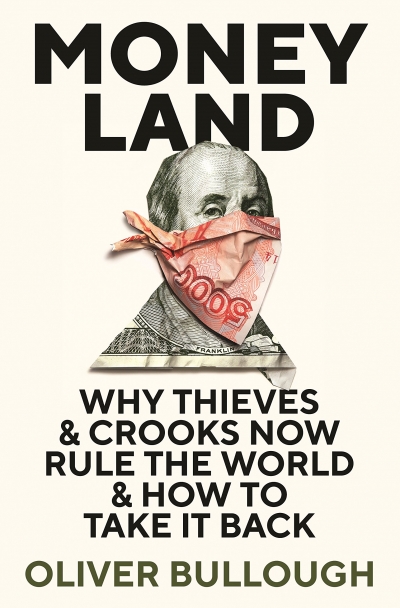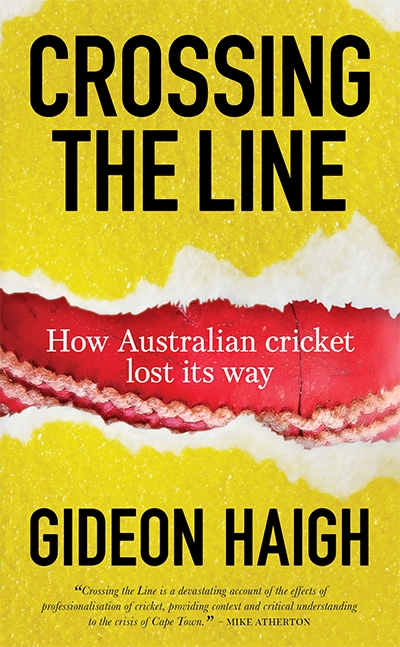Kieran Pender
Film | Theatre | Art | Opera | Music | Television | Festivals
Welcome to ABR Arts, home to some of Australia's best arts journalism. We review film, theatre, opera, music, television, art exhibitions – and more. To read ABR Arts articles in full, subscribe to ABR or take out an ABR Arts subscription. Both packages give full access to our arts reviews the moment they are published online and to our extensive arts archive.
Meanwhile, the ABR Arts e-newsletter, published every second Tuesday, will keep you up-to-date as to our recent arts reviews.
Recent reviews
Fake Law: The truth about justice in an age of lies by The Secret Barrister
The Road by John Martinkus & Too Close to Ignore edited by Mark Moran and Jodie Curth-Bibb
There is a senior partner at my firm who famously harasses young women particularly when he has been drinking at social events. I was groped on two separate occasions. Nothing was done about it the first time I reported it. I did not report it the second time.
... (read more)Law in War: Freedom and restriction in Australia during the Great War by Catherine Bond
Crisis of Conscience: Whistleblowing in an age of fraud by Tom Mueller
Secret: The making of Australia’s security state by Brian Toohey
It is a famous parable. If a frog is dropped in boiling water, it will immediately leap out. But if placed in tepid water that is gradually heated, the frog will not notice the increasing temperature until it is boiled alive. The parable may be biologically inaccurate, but it remains instructive in the context of civil liberties ...
... (read more)
